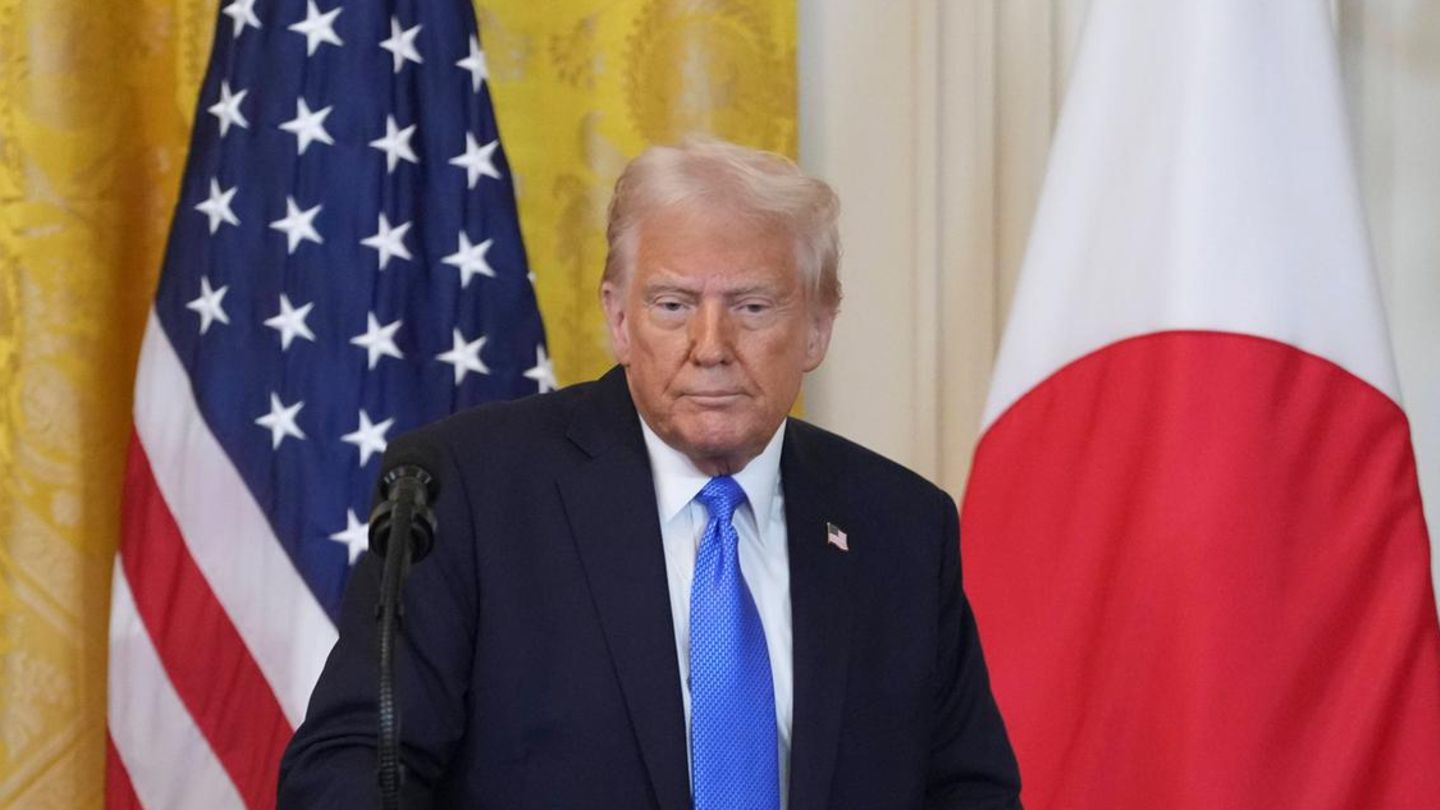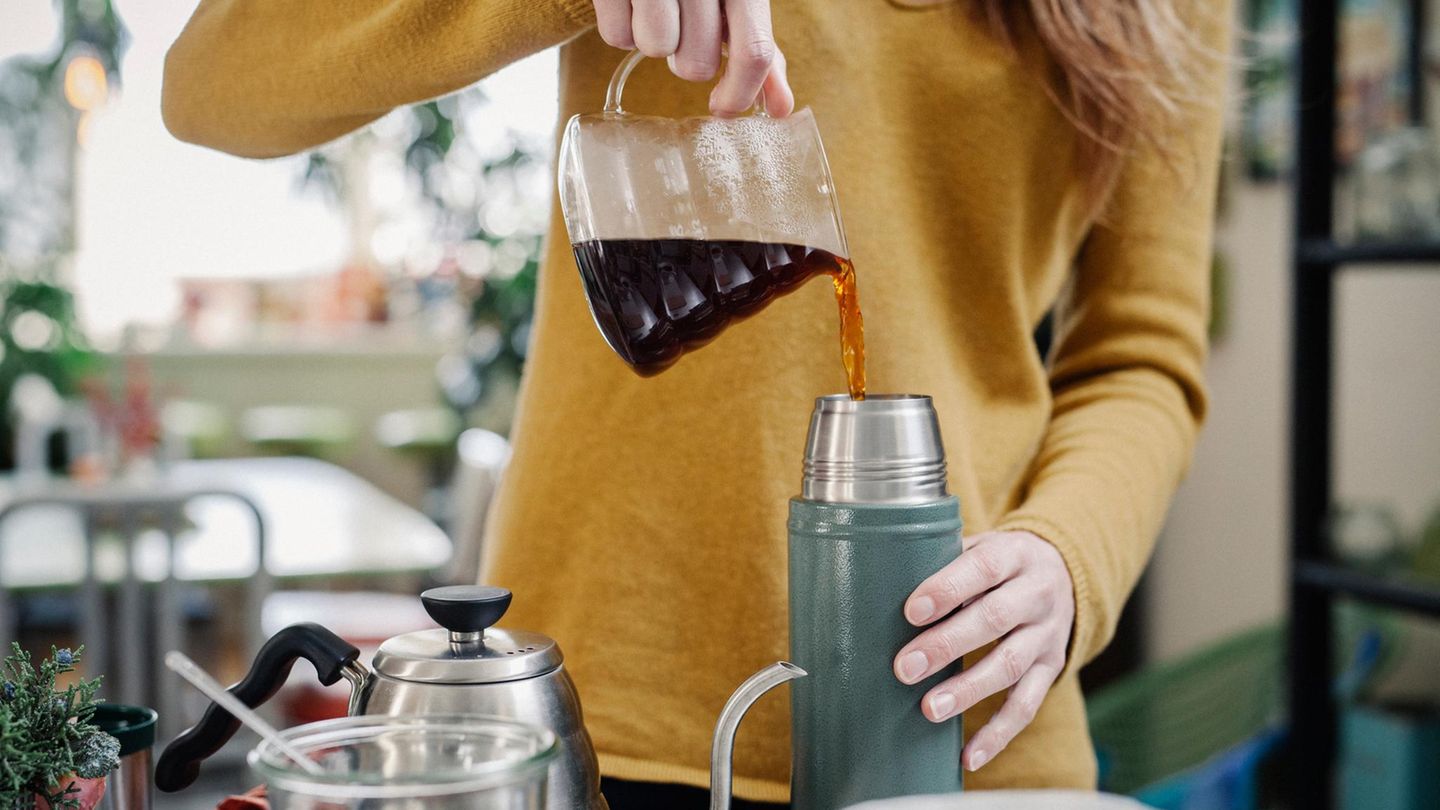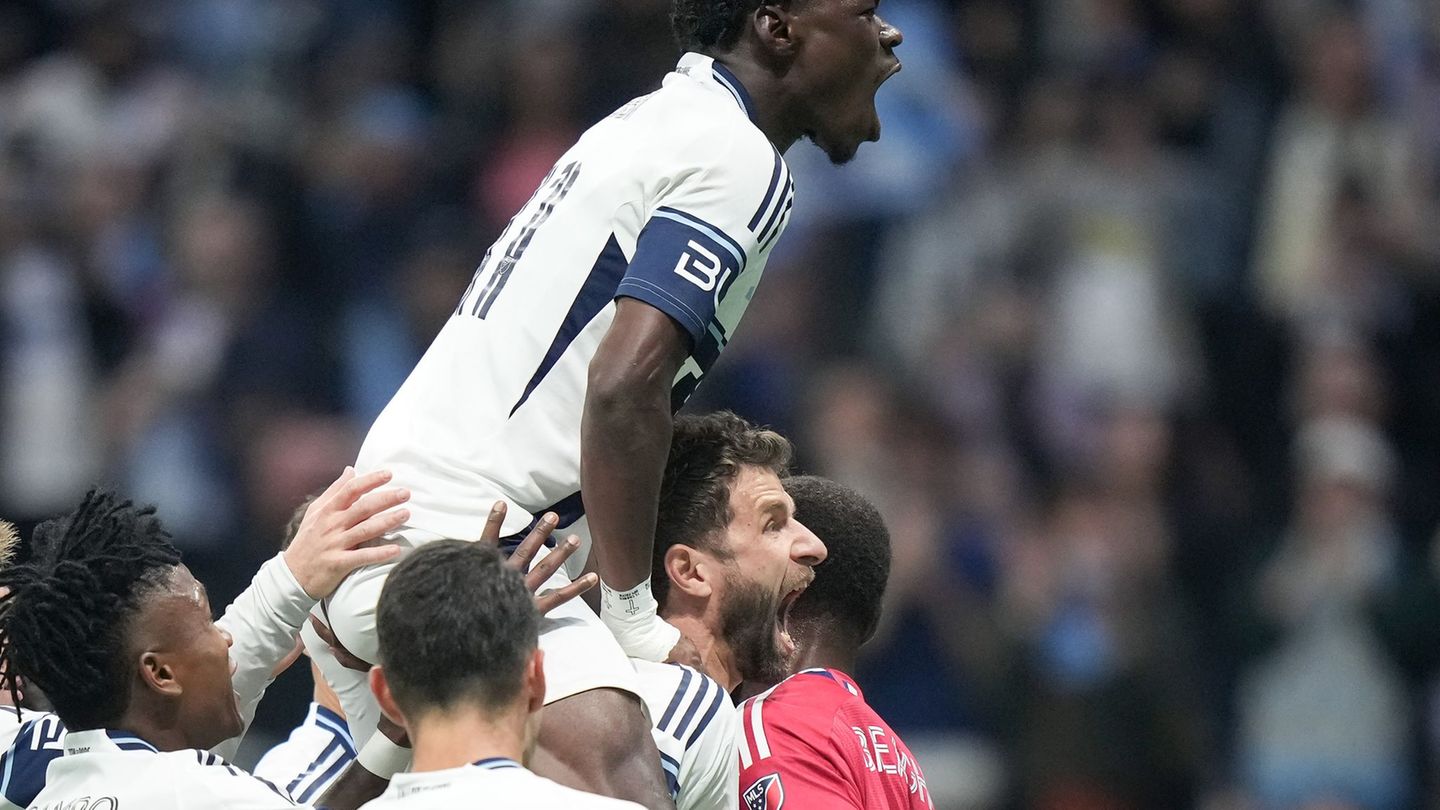On the other hand, compared to the previous month, prices registered an increase of 0.54%so inflation continues to cause problems for Jair Bolsonaro’s economic management.
Annual inflation thus reached a maximum peak like it did not do 18 years ago, when last November it climbed to 11%. Since then, it has not been able to drop below two digits, far from the official goal that estimated a rise in prices between 3.25% and 3.50%.
One of the factors in the rise in inflation is the monetary politics from Brazil, where the central bank had the highest borrowing costs as a result of the pandemic recession.
However, efforts to lower inflation have not yielded results, with rates hovering around 875 basis points.
To the situation of rising prices and the increase in the cost of living, Brazil adds other factors to the inflation menu, such as problems in supply chains, adverse weather conditions (droughts and extreme rains) and the increase in raw materials, one of the global problems accentuated during the pandemic.
Roberto Campos Neto, president of the Central Bank of Brazil, tried to control the inflationary spiral with rate hike measures last week, when he raised the Selic rate to 10.75%.
However, the result was not as expected and prices remain out of control, so President Bolsonaro’s economic team will meet to determine new lines of action for monetary policy starting in March.
Source: Ambito
David William is a talented author who has made a name for himself in the world of writing. He is a professional author who writes on a wide range of topics, from general interest to opinion news. David is currently working as a writer at 24 hours worlds where he brings his unique perspective and in-depth research to his articles, making them both informative and engaging.




